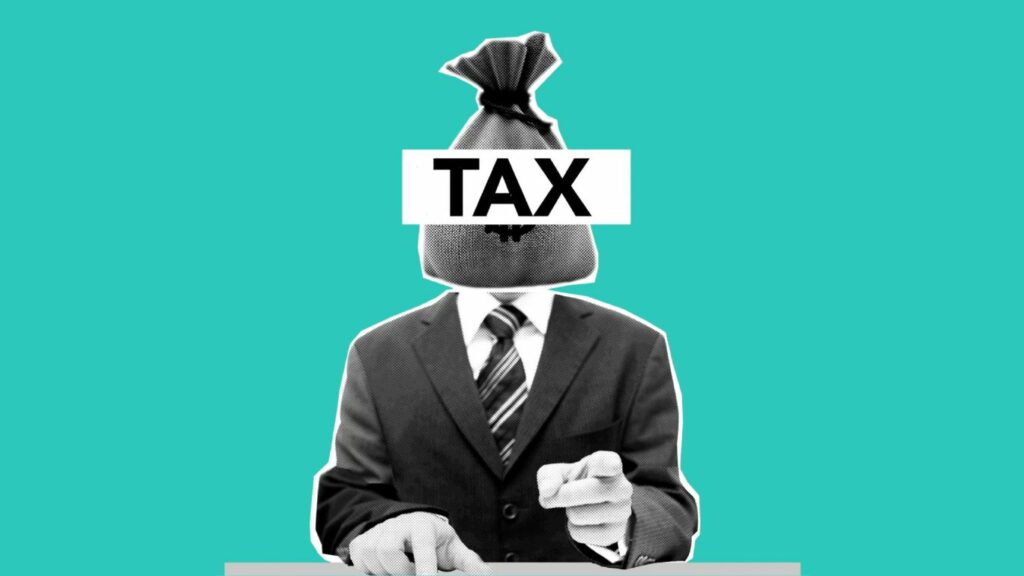Are you part of the growing number of Australians engaged in the sharing economy? If you’re earning income through digital platforms, it’s essential to understand your tax obligations. Here’s a guide to help you navigate the tax landscape in the sharing economy.
Understanding Sharing Economy Activities
The sharing economy involves economic transactions facilitated by digital platforms where individuals share assets or provide services for a fee. Common activities include:
- Ride-Sourcing Services: Offering transportation services for a fare.
- Short-Term Rentals: Renting out rooms, entire houses, or units on a short-term basis.
- Asset Sharing: Sharing assets like cars, caravans, parking spaces, storage spaces, or personal belongings.
- Personal Services: Providing personal services such as creative or professional services (graphic design, web development) and odd jobs (deliveries, furniture assembly).
Key Considerations for Tax Obligations
1. Income Tax:
- All income earned in the sharing economy is assessable and must be included in your tax return.
- You can claim deductions for certain expenses related to your sharing economy activities.
- Maintain detailed records of your income and expenses for accurate reporting.
2. Australian Business Number (ABN) and GST:
- If you provide ride-sourcing services, obtaining an ABN and registering for GST is mandatory, regardless of your earnings.
- For other sharing economy activities, you may need an ABN, and registering for GST could be required based on your income.
3. Record-Keeping:
- Keep meticulous records of your earnings and expenses associated with sharing economy activities.
- Maintain documentation such as receipts, invoices, and transaction details.
4. ABN and GST Registration:
- Ensure you have the necessary ABN if required for your specific sharing economy service.
- Register for GST as per the ATO guidelines, especially if providing ride-sourcing services.
For more detailed information and specific guidelines tailored to your sharing economy activity, refer to the Australian Taxation Office (ATO) website.
Partner with Professionals
Navigating the tax obligations in the sharing economy can be complex. If you have questions or need assistance, consider partnering with tax professionals who specialize in this area.
They can provide personalized advice based on your unique circumstances.
Stay Informed, Stay Compliant
Understanding and fulfilling your tax obligations is crucial for a seamless experience in the sharing economy. Stay informed, keep accurate records, and ensure compliance to make the most of your sharing economy ventures.
For personalized guidance on your tax obligations, contact us at Boa & Co. We’re here to help you navigate the intricacies of the sharing economy.

